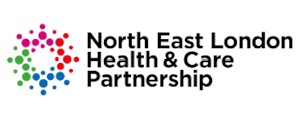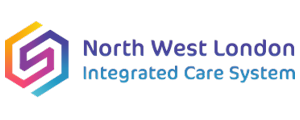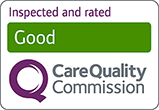Our Regulated Services
We are registered with, and regulated by, the Care Quality Commission, with the licence to provide two regulated activities, for which we are inspected and monitored to ensure compliance with CQC regulations.
Personal care
We provide personal care as a regulated activity across our service settings but are managed from our care home, which is the registered location for this regulated activity. The personal care activities are delivered, based on the service user’s assessed needs, which may include 24 hours, 7 days a week, including sleep-in, wake nights or some arrangements of a lesser support package.
Accommodation for people who require nursing or personal care
We provide these care activities in our care home, known as Parkside, our registered location. The care activities are delivered 24 hours, 7 days a week.
Under these regulated activities, we provide a wide range of personal care and support activities to suit our service users’ individual needs and strengths, designed to promote their independence and improve their quality of life.
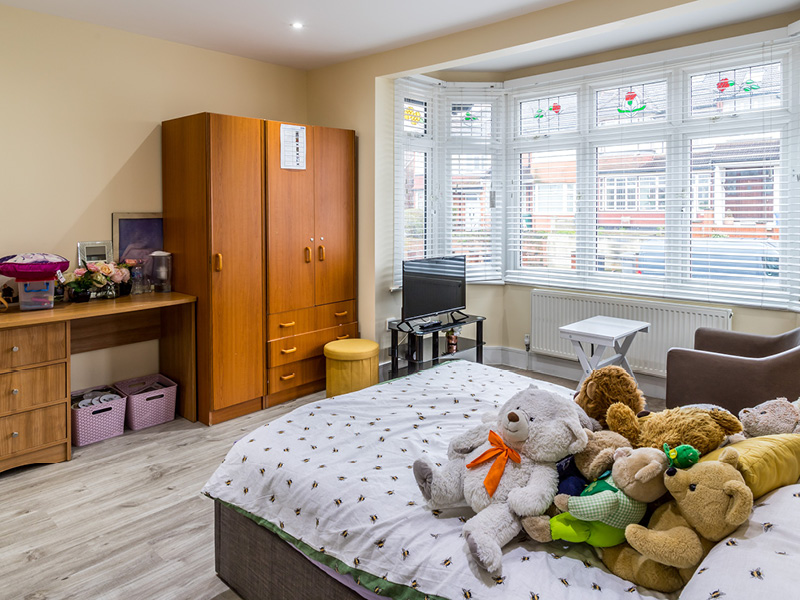
Accommodation
Attractive and spacious homes with high-specification interior fittings and fixtures
Well-furnished and decorated homes in traditional and contemporary styles
Well-appointed individual bedrooms, some with ensuite facilities and self-contained units/flats
Communal entertainment facilities (TV, DVD Player, Mini stereo, etc.)
Disabled wheelchair access but there are no lifts.
Out-door amenities and reasonable-sized garden spaces with flowerbeds and shrubs
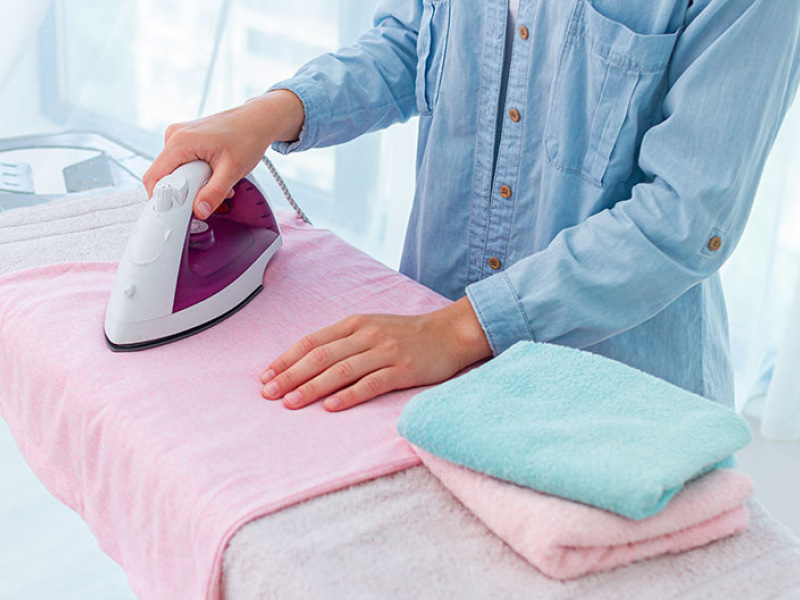
Domestic Care
Shopping
Assistance with laundry and ironing
Support with meal preparation.
Cleaning and tidying
Assistance with managing health and safety in the home
Companionship and comfort

Personal Care
Assistance with personal hygiene, such as washing, bathing, and showering, shaving, dressing and undressing.
Assistance with eating and drinking
Support to get in and out of bed.

Physical Health Care and Well-being
Support to access health care facilities, such as GP appointments, clinics or hospitals, dentists, etc.
Collecting prescriptions
Administering medication

Financial and Household Support
Help with budget planning.
Assistance with paying household bills
Support with benefits form filling and liaising with DWP offices.
Assistance with management of finances and record keeping.
Liaising with relevant services and organisation
Assistance with personal paperwork such as filing, form filling and responding to correspondence.
Household record keeping eg. receipts/warranties, personal valuable documents
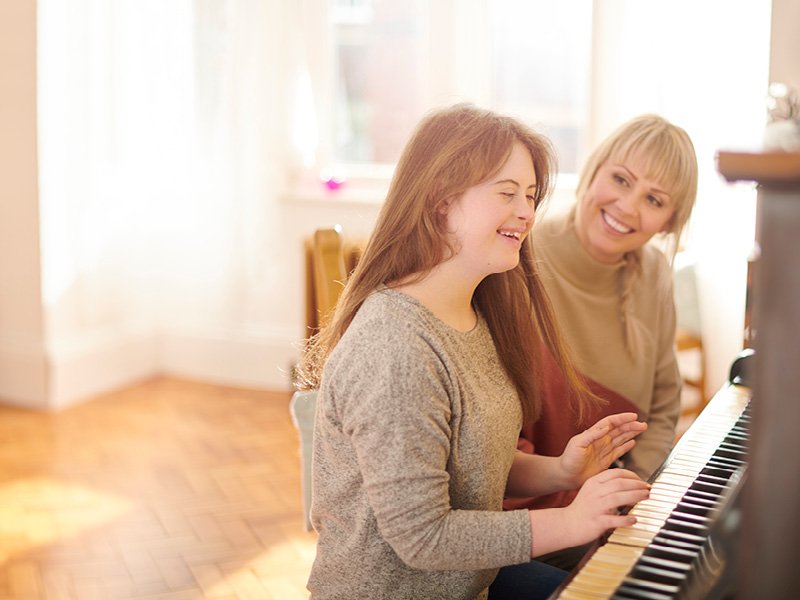
Personal Development, Community Access, and Leisure
Support with organising private social events or activities or engagements.
Assistance with planning and accessing suitable social activities or making social links/ friends.
Escort duties, whether to shops, banks, gym, or short walks to the park
Support to use of public transport safely and confidently.
Assistance with managing health and safety out in the community
Support to use of local facilities eg. banks, post offices, health clubs, recreational activities etc.
Support to access education, training and employment and maintaining ongoing liaison.
Assistance with college or work placement homework
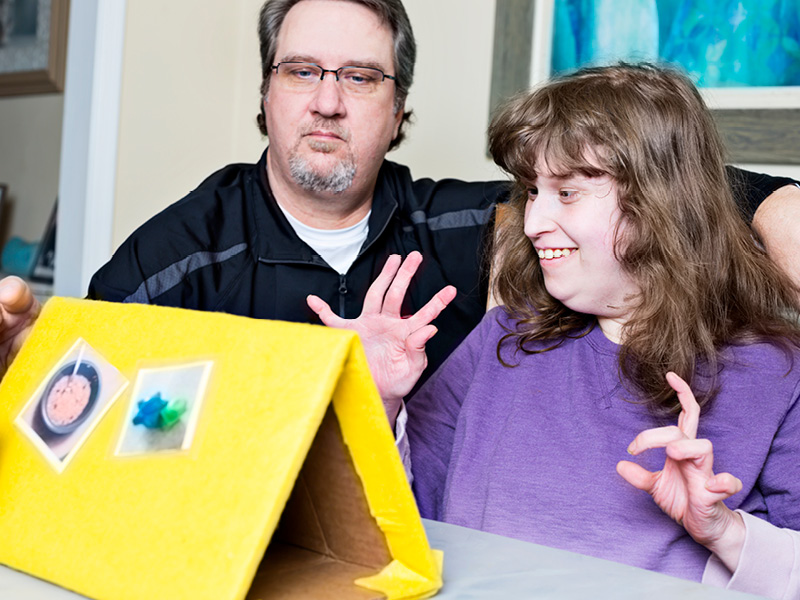
Psycho-social, Cultural and Religious Support
Key worker sessions and (counselling).
Support to access cultural and religious days and events.
Support to attend mosques/temples/churches, or other places of worship of their choice.
Engagement in various social activities to combat isolation, stress, and anxiety.
Promoting good sleep quality (sleep hygiene).

Harm Reduction and Behavioural Management
Risk assessments and management planning.
Implementing positive behaviour support plans as devised in conjunction with the psychologists.
Motivational interviewing to help them reduce and stop harmful behaviour such as smoking, drinking, etc)
Assisting service users in setting their personal goals
Supporting them to access specialist services such as drug and alcohol.





